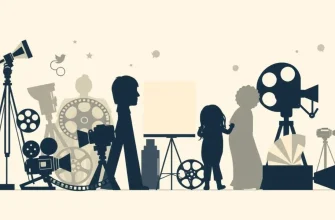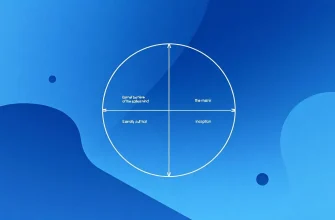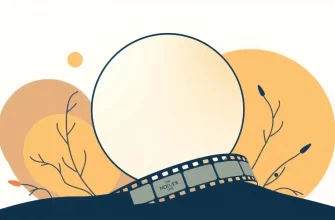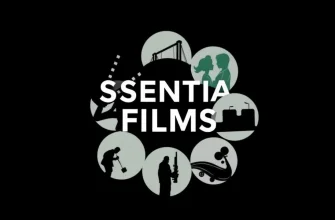This collection of films is designed for those who seek more than just entertainment from their cinematic experiences. Each film in this list challenges the viewer with intricate plots, profound themes, and thought-provoking concepts, making them ideal for individuals who enjoy engaging with intellectually stimulating content. Whether it's through philosophical inquiries, complex character studies, or innovative storytelling, these films offer a rich tapestry of ideas to ponder over.
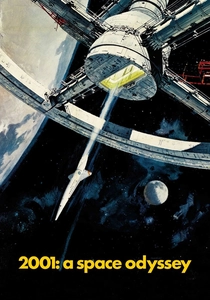
2001: A Space Odyssey (1968)
Description: Stanley Kubrick's visionary film explores human evolution, technology, and the unknown, offering a profound meditation on the future of mankind and the mysteries of the cosmos.
Fact: The film was made in collaboration with Arthur C. Clarke, who wrote the novel simultaneously with the screenplay.
 Watch Now
Watch Now

The Matrix (1999)
Description: This sci-fi classic raises philosophical questions about reality, free will, and the nature of existence, challenging viewers to question the world around them.
Fact: The film's "bullet time" effect was a groundbreaking visual technique at the time, requiring the use of hundreds of cameras to capture the slow-motion sequences.
 Watch Now
Watch Now
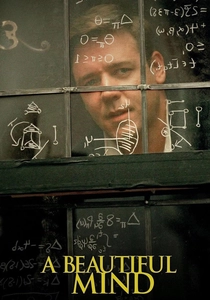
A Beautiful Mind (2001)
Description: Based on the life of John Nash, this film examines genius, mental illness, and the struggle for recognition, providing insight into the complexities of the human mind and the nature of reality.
Fact: The film won four Academy Awards, including Best Picture and Best Director for Ron Howard.
 Watch Now
Watch Now
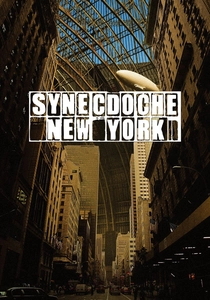
Synecdoche, New York (2008)
Description: Charlie Kaufman's directorial debut is an exploration of life, art, and the blurring lines between reality and fiction, offering a deeply introspective look at the human condition.
Fact: The film was shot in Schenectady, New York, which is the real-life inspiration for the fictional town in the movie.
 Watch Now
Watch Now
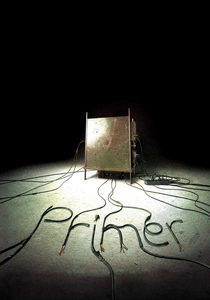
Primer (2004)
Description: A low-budget indie film about time travel, "Primer" is known for its complex narrative structure and the intellectual challenge it poses to viewers to understand its time-travel mechanics.
Fact: The film was made for just $7,000 and was shot in the director's home and office.
 Watch Now
Watch Now
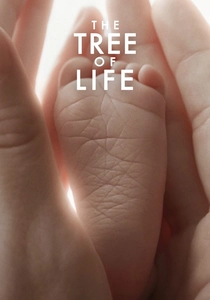
The Tree of Life (2011)
Description: Terrence Malick's masterpiece explores the origins and meaning of life through a blend of personal narrative and cosmic exploration, challenging viewers to reflect on existence, spirituality, and the human condition.
Fact: The film was screened out of competition at the Cannes Film Festival where it won the Palme d'Or. It features a 17-minute sequence depicting the creation of the universe.
 Watch Now
Watch Now
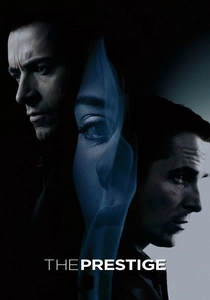
The Prestige (2006)
Description: This film delves into the world of magic, obsession, and the lengths to which individuals will go for recognition and revenge, wrapped in a narrative that keeps viewers guessing until the end.
Fact: The film's title refers to the final act of a magic trick, where the magician reveals the result of the trick.
 Watch Now
Watch Now

Inception (2010)
Description: Christopher Nolan's mind-bending thriller delves into the concept of dreams within dreams, exploring themes of reality, identity, and the subconscious mind, making it a cerebral puzzle for the audience.
Fact: The film's dream worlds were inspired by the works of Salvador Dalí and M.C. Escher. The spinning top used by Cobb was actually Nolan's own personal totem.
 Watch Now
Watch Now
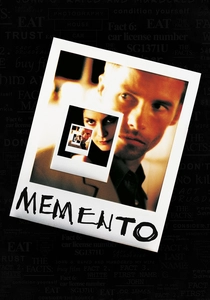
Memento (2000)
Description: This film's non-linear narrative structure, told in reverse, forces viewers to piece together the story, mirroring the protagonist's memory loss, offering a unique perspective on storytelling and perception.
Fact: The film was shot in two different ways: one in color and one in black and white, to differentiate between the two timelines.
 30 Days Free
30 Days Free
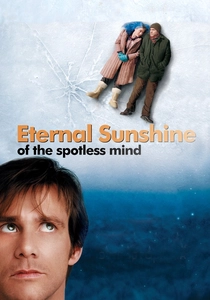
Eternal Sunshine of the Spotless Mind (2004)
Description: A poignant exploration of memory, love, and identity, this film uses a unique narrative structure to delve into the human psyche and the desire to erase painful memories.
Fact: The film's title is taken from a line in Alexander Pope's poem "Eloisa to Abelard."
 30 Days Free
30 Days Free



